The term is also common Maggi herb. The reason for the origin of this name is the similar taste of lovage and the well-known Maggi seasoning. This is a partial hydrolyzate of protein with salt and additional flavorings - Maggi-Wort does not contain lovage.
Occurrence and cultivation of the lovage

The herb comes from Central Asia, but has been widespread in Europe for a long time. So were with Lovage dishes already seasoned in the times of the ancient Romans; its healing effects were also widely known. The perennial, up to 2.5 meters high and intensely fragrant plant grows lush in many Central European gardens; in the meantime one can find lovage here and there in wild form.
Lovage forms richly branched rhizomes. The leaves are reminiscent of celery in taste and shape. There is also a resemblance to the scent of the Schabziegerklees. The parts of the plant contain tannins and bitter substances as well as significant amounts of essential oils. Lovage has a fresh, spicy aroma. In the kitchen it is used as a fresh herb for large roasts, for stews and soups as well as for herb vinegar and pickles.
The seeds of the lovage also have good seasoning properties when dried. But the herb is also grown as a medicinal plant. The seeds, leaves and roots of the lovage are used especially in herbal medicine. For the production of pharmaceutical drugs the leaves are harvested in spring, the roots in early spring or in late autumn and the seeds in late summer.
Effect & application
Because of its high proportion of active ingredients, lovage is widely used as a medicinal plant. Its active ingredients are about 0.5 percent essential oil, apiol, angelic acid, malic acid, tannins, bitter substances, resins, gum, fats, camphor, carvone, invert sugar, isovaleric acid, umbelliferone, coumarins and myristicin.
Lovage generally has a stimulating, diuretic, hemostatic, expectorant and antispasmodic and appetite-stimulating effect. The herb is said to have positive effects on bladder infections, kidney problems, stomach problems, gout, sore throat and larynx infections, inflammation of the oral mucosa, bronchitic complaints and nervousness through to heart failure and edema.
Lovage is mainly used against digestive problems, urinary organs and metabolism problems. Its active ingredients are also used in gynecology, respiratory and skin diseases. Popularly it is also said to have aphrodisiac effects.
- Digestive:
- Urinary organs and metabolism:
- Gynecology:
Lovage has a relaxing effect so that period cramps can be relieved. It promotes menstruation. During labor it facilitates and promotes labor - therefore lovage should not be used during pregnancy either. The essential oil of lovage can lead to an abortion of the pregnancy after consuming excessive amounts of lovage.
- Respiratory diseases:
In the course of fever-free illnesses, lovage can counteract coughs and sore throats. If the disease progresses feverishly, lovage is not advisable because it could worsen the fever from case to case. In anthroposophic medicine and homeopathy, lovage is also used against otitis media.
- Skin problems:
Lovage is used externally against skin problems: decoctions of the roots are used as a poultice, as a bath or a wash to combat boils, eczema and purulent wounds.
Importance for health, treatment & prevention
The leaves, roots and seeds of the lovage are important in phytotherapy. In addition to the treatment of acute disease processes Levisticum officinale also has a noteworthy preventive function. The lovage also has its permanent place in health care. Herbal, aromatic, aromatic lovage tea is drunk preventively as a good means of caring for the stomach and urinary tract.
Because the tea strengthens the heart, it also prevents water retention in the feet and legs as well as gout and rheumatism. In addition, the lovage teas should have a balancing, calming and relaxing effect. Similar effects are achieved with a so-called lovage decoction: For a lovage decoction, about half a teaspoon of ground and dried roots is boiled over a period of 15 minutes.
A prophylactic cure with lovage wine made from 1 tablespoon of dried seeds per 1/2 liter of white wine should promote the removal of kidney gravel and kidney stones. The aforementioned Carminativum tincture is taken drop by drop before heavy, lavish meals to prevent stomach and intestinal problems. As a preventive remedy against gastric ailments that are capable of all of their abilities, lovage powder from the dried, finely ground roots is sprinkled over the food.
One or two knife points are used here. Baths, washing or compresses counteract skin irritation. Lovage is also said to have aphrodisiac effects - its generally stimulating, strengthening effect may be the reason for this.

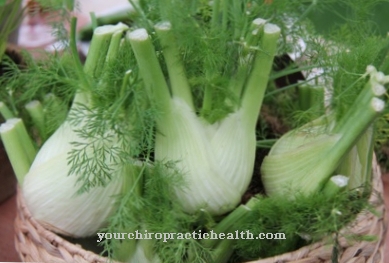
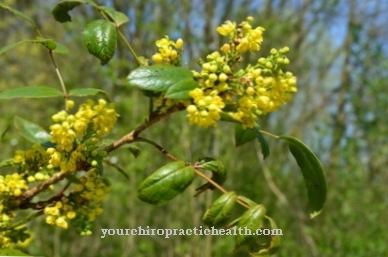
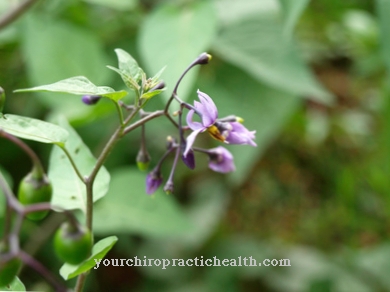
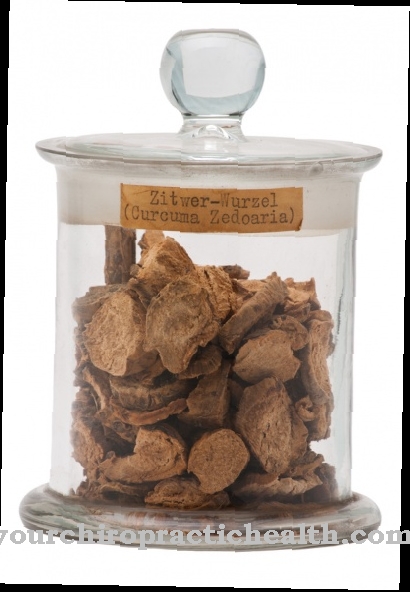
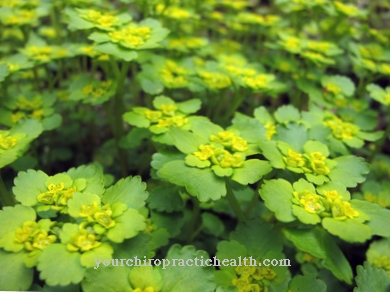
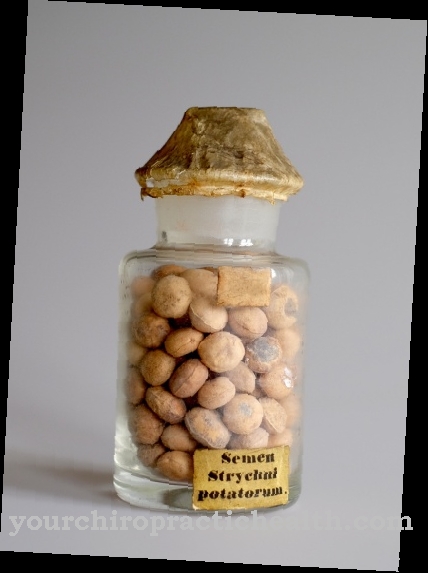

















.jpg)



